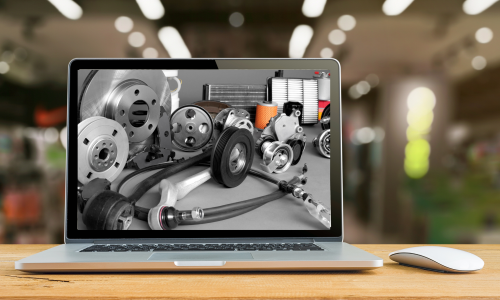Plumbing problems can strike at any time, leaving homeowners in Clayton, North Carolina with a mess on their hands and potentially expensive repair bills. By understanding the top five most common issues, you can take steps to prevent these problems or fix them before they escalate. Here is a comprehensive guide to the most frequent plumbing woes and how to address them.
- Dripping Faucets
One of the most common plumbing issues Clayton homeowners face are dripping faucets. Besides the annoyance of the constant dripping sound, this problem can lead to a significant waste of water over time, causing your water bill to skyrocket.
Often, a worn-out washer causes the drip. To fix this, you’ll first need to identify the type of faucet you have. Compression faucets tend to have the most issues with washers, but other types, such as cartridge or ball faucets, can also experience similar problems. Once you’ve identified the faucet type, you can purchase a replacement washer or cartridge from a home improvement store and replace the old one. Remember to turn off the water supply before starting any work.
- Low Water Pressure
Low water pressure can be a nuisance, particularly when you’re trying to take a shower or wash dishes. The root of the problem could be a build-up of sediment or mineral deposits on aerators. You can fix this by unscrewing the aerator, clean out the debris and screwing it back on. If the issue persists, it may be necessary to call in professional Plumbing Clayton services.
- Running Toilets
A running toilet can waste up to 200 gallons of water a day. That’s a lot of water and money going down the drain! The issue often involves a faulty flapper valve which controls the water that passes from the tank to the bowl. Home repair kits for this are readily available and easy to install. However, if you find that the toilet is still running after replacing the flapper, it may be due to a more complex issue such as a silent leak. In this case, it’s best to consult with professional Plumbers Clayton.
- Clogged Drains
A clogged drain can lead to slow water drainage, corrosion, flooding, and, in extreme cases, sewage backup and costly repairs. Prevention is the best cure for clogged drains. You can avoid clogs by watching what goes down your drains and using drain screens to catch debris. However, if the drain is already clogged, you can try using a plunger or a plumber’s snake to dislodge the blockage. If these methods don’t work, it’s time to call a professional.
- Leaky Pipes
Leaky pipes can cause significant damage to your home if not addressed promptly. The issue often lies with the pipe joints. Temporary fixes include fillers and fitting compounds, but for a more permanent solution, a pipe or fitting replacement is usually necessary. Given that this can be a complex job, it’s often best to leave it to the professionals.
Conclusion
By understanding the most common plumbing issues, Clayton homeowners can stay one step ahead of potential problems. While there are some DIY fixes for minor problems, it’s important to recognize when a professional plumber is required. Timely intervention can save you from costly damage and repairs down the line.
FAQs
Q: How often should I have my plumbing system inspected?
As a general rule, you should have your plumbing system inspected at least once a year. However, if you live in an older home, or if you’ve experienced plumbing issues in the past, more frequent inspections may be necessary.
Q: Can I unclog a drain without using harsh chemicals?
Yes. Using a plunger or a plumber’s snake can often dislodge the clog without the need for harsh chemicals. In fact, some professionals advise against the use of harsh drain cleaners as they can corrode pipes over time.
Q: What should I do in case of a plumbing emergency?
In case of a plumbing emergency, the first step is to shut off the water supply to the affected area or the entire house if necessary. Then, call a professional plumber to assess and fix the issue.


